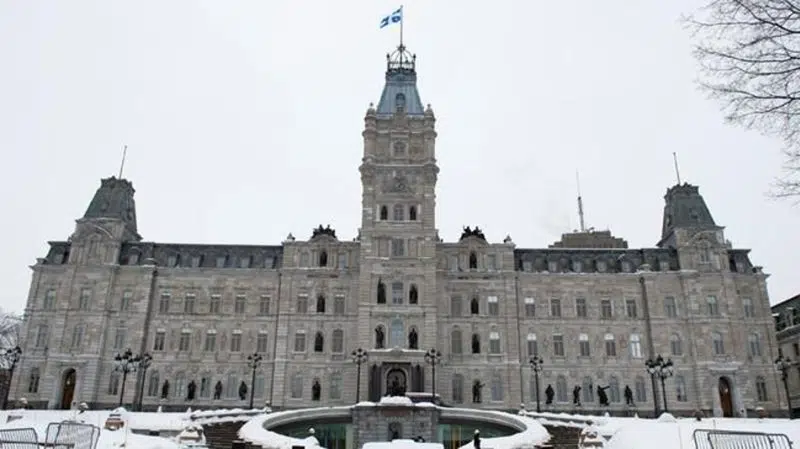
Taxpayer group reveals 43,000 Quebec public sector workers earn $100,000 or more
MONTREAL — Quebec’s hydro utility, the city of Montreal and McGill University are among the public bodies in the province that employ the most people earning six-figure salaries, according to a study published Tuesday by the Canadian Taxpayers Federation.
The data reveals that at least 43,469 provincial and municipal government employees earn more than $100,000 annually, costing taxpayers roughly $5.3 billion, says the national group that lobbies for smaller government and lower taxes.
But the data is incomplete, the federation’s Quebec director, Renaud Brossard, said. Unlike provinces such as Ontario and Alberta, Quebec does not publish an official list of its highest-earning bureaucrats. And Brossard said hundreds of government-funded bodies in the province refused to give up the info.
He said some departments simply didn’t respond to his group’s requests — a violation of Quebec’s access to information law. “Others said they didn’t have the documents …. I find that a little stunning, because these are documents that you can get from payroll relatively easily.”


